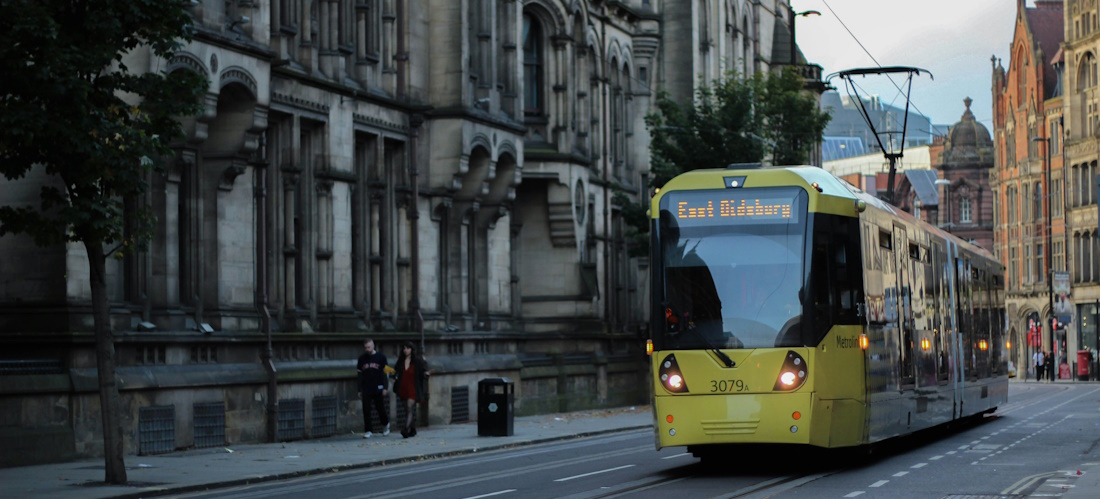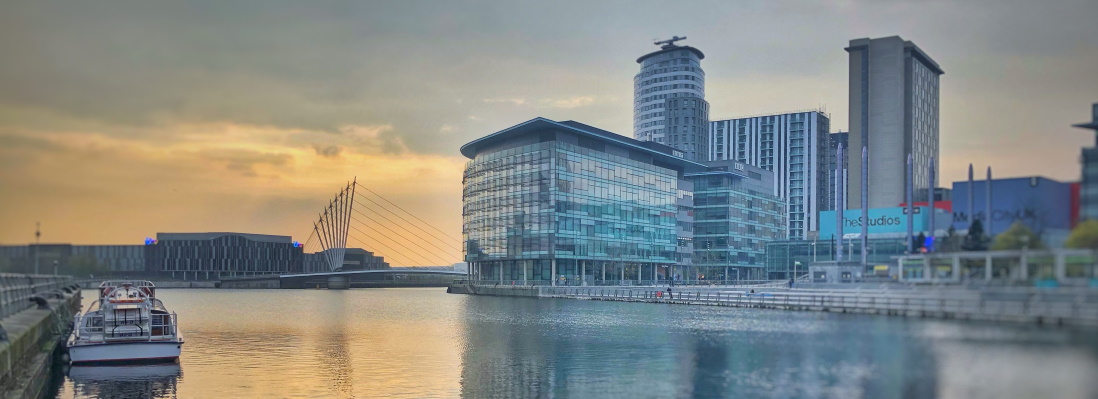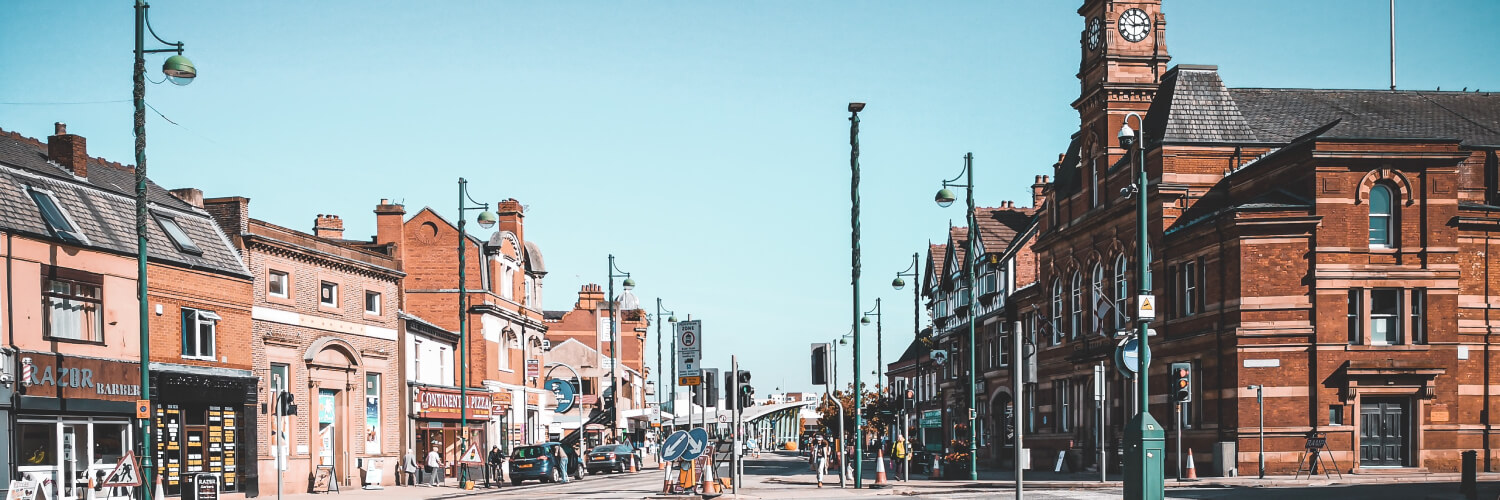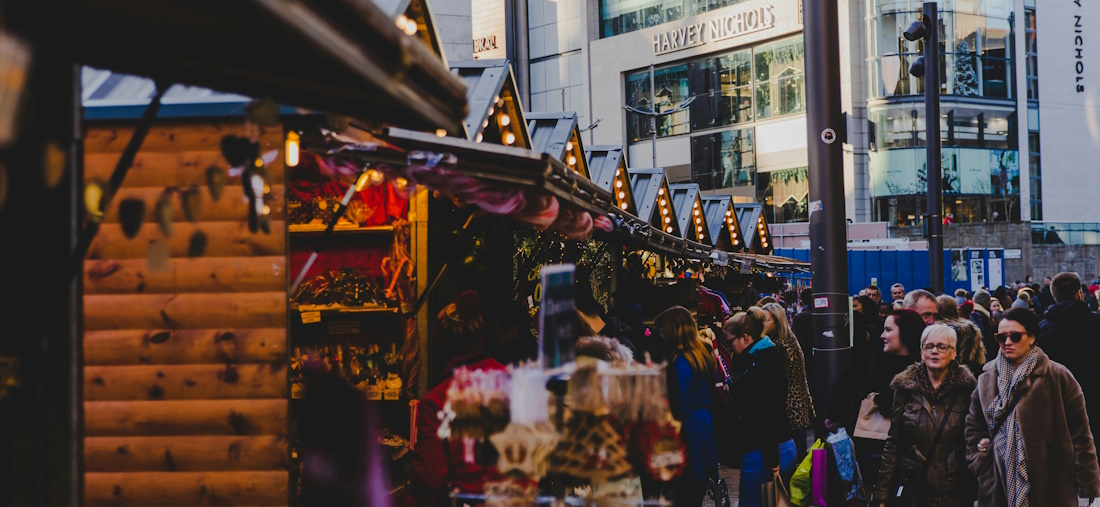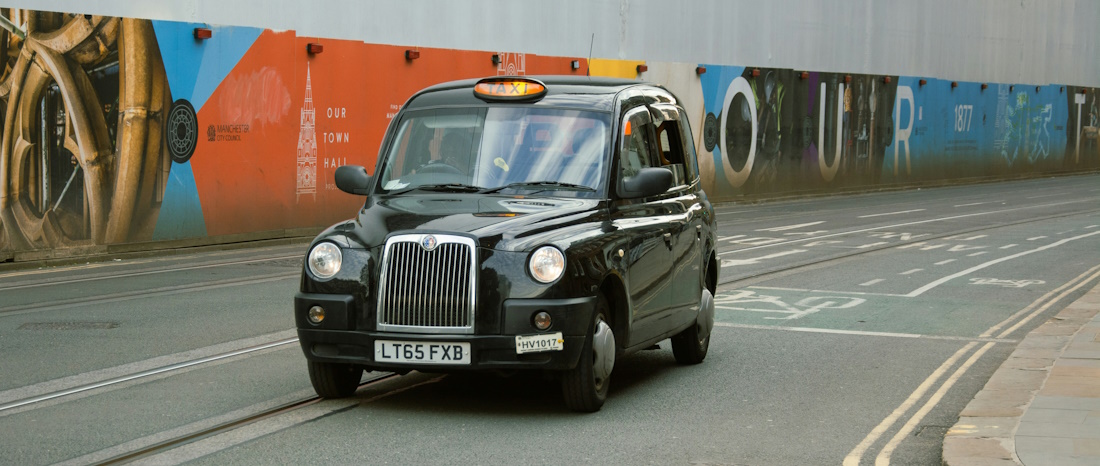Welcome to Manchester, a city that blends industrial heritage with modern vibrancy. Whether you're relocating for business or seeking a fresh start, finding the right home is crucial. We're here to guide you through the maze of accommodation options, from trendy city centre apartments to tranquil suburban homes.
Before diving into your property search, consider what matters most to you. Is it the quick commute to the buzzing city centre, the charm of leafy suburbs or perhaps proximity to top-notch schools and parks? Manchester offers all this and more, providing an ideal backdrop for both ambitious professionals and growing families.
Take a moment to explore our insights into Manchester’s diverse neighbourhoods, practical housing advice, and essential utilities setup. Let’s find your perfect spot in this dynamic city!
Areas and suburbs in Manchester
Whether you’re a young professional or looking to settle with your family, Manchester’s diverse neighbourhoods offer something for everyone. The city's excellent public transport system means you're never too far from the action, no matter where you choose to hang your hat.
For the upwardly mobile, Deansgate is a top pick. It's buzzing with bars and shops and luxury apartments, making it a magnet for young professionals. If you prefer a bit more local flavour, Levenshulme is on the rise, with its vibrant community and easy access to the city centre. Chorlton and Salford Quays offer trendy apartments and ample amenities for those looking for chic suburban living.
Family-friendly options abound in Burnage and Didsbury, where spacious homes and green spaces are the norm. Both areas are known for their good schools and community feel, making them ideal for families. Wilmslow, with its upmarket vibe and community spirit, and Altrincham, known for its Victorian homes and local festivals, are also excellent choices for those seeking a balanced family life.
For more information, see the Best (and Worst) Areas and Suburbs in Manchester.
Types of accommodation in Manchester
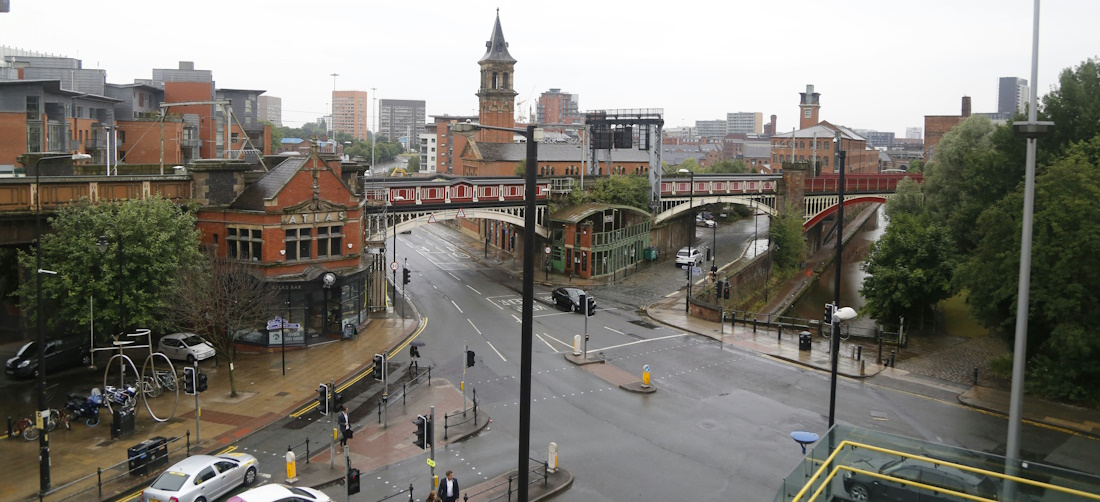
Manchester's property market caters to all tastes, whether you're eyeing a chic flat in the bustling city centre or a cosy house in the leafy suburbs. Apartments in the city centre are a hot ticket for young professionals and expats, offering doorstep access to Manchester's vibrant life. Meanwhile, suburban homes provide a quieter setting without straying far from urban conveniences.
In recent years, the skyline has grown dense with cranes, a testament to the city's expansion. New developments, especially around trendy areas like Deansgate and Spinningfields, mean that more apartments are coming onto the market, giving you plenty of options to choose from.
Furnished vs unfurnished
Deciding between furnished or unfurnished? Manchester has you covered either way. Furnished flats, complete with all the trimmings, are plentiful in the city centre. They're perfect if you're looking for a hassle-free move or as a temporary base while you figure out more permanent accommodation. For those who fancy putting their own stamp on their space, unfurnished homes are abundant too.
Short-term rentals
If you're just in Manchester for a spell, Manchester’s short-term rental scene is thriving. From sleek studios to family-sized homes, there's a temporary haven for everyone. These rentals are ideal for exploring the city at your leisure, offering flexibility and comfort that hotels just can't match.
Useful links
Finding accommodation in Manchester

There are numerous ways you can find accommodation in Manchester, but real estate agents, relocation agencies and online property portals are by far the most effective resources.
Real estate agents are your go-to for a traditional property hunt. They'll show you around, handle the lease, and hand over the keys. If you're new to the city or the UK, consider a relocation agency. They do more than just find you a place; they'll help with everything from visas to settling in, ensuring you're not just moving, you're arriving.
Online property portals like Rightmove and Zoopla offer detailed listings and powerful search tools that make finding your new home easier. Whether it’s renting or buying, these platforms provide a wealth of options at your fingertips.
Useful links
Renting accommodation in Manchester
Making an application
Once you have found your ideal home, you’ll need to begin the process of signing the lease and paying the deposit.
Leases
In Manchester, leases usually run for 6 or 12 months, but you'll find flexible short-term options too. These are ideal if you're easing into city life or finding your feet after a move.
Deposits, costs and fees
A typical security deposit is around five weeks' rent. This covers any damages, ensuring the property stays in tip-top shape. Remember, this deposit is protected and should come back to you in full at the end of your tenancy, provided everything's in order.
Be ready for a few more costs when moving in. There's a holding deposit to initially secure the property, and it typically equals one week's rent. This is standard but worth noting in your budget.
If you're buying into a leasehold, you have rights and responsibilities like maintaining the interior and paying ground rent. You can also expect to have a say in major works affecting your block.
Utilities in Manchester

Aside from your rent, you’ll also handle utilities like council tax, electricity, water and gas. Opting for a home with utilities included can simplify your monthly budgeting, although it might narrow your choice of properties and potentially cost more in the long run. Most utility bills in Manchester arrive at regular intervals throughout the year.
Gas
Gas service in Manchester is delivered through a comprehensive underground pipeline system managed by Cadent Gas. They maintain the infrastructure that brings natural gas to your doorstep.
Setting up your gas supply involves selecting a retail energy supplier, such as Crown Gas & Power or Liberty Utilities, who will handle your account and gas meter installation. Start by contacting your chosen supplier to obtain a Meter Point Reference Number (MPRN) and then apply for a connection with Cadent Gas. They’ll provide a quote and, upon acceptance, schedule the installation, which usually takes about six to eight weeks.
Your responsibilities include maintaining gas pipes from the meter to your appliances. Remember, in case of a gas emergency, you should immediately contact the national emergency number, 999.
Electricity
In Manchester, the flow of electricity to your home is managed by Electricity North West, but you get to pick from a host of suppliers for your energy needs. Whether you lean towards renewable energy or are looking for competitive pricing, suppliers like Octopus Energy, EDF Energy and Utility Warehouse have got you covered.
Paying your electricity bills couldn't be easier. Opt for online or app-based payment systems for hassle-free transactions from your smartphone. Direct debit has your back if you prefer automation, ensuring you never miss a payment. If you're keen on monitoring your spend, a prepayment meter lets you pay as you go although it's a tad pricier. You can also still settle your bills via cash or cheque at local PayPoints or Post Offices.
If you're new to Manchester, remember to provide meter readings as soon as you move in to dodge the higher costs of a deemed contract. New expats might need to front a heftier deposit due to a lack of local credit history. Stay mindful of your property’s electrical safety and consider your home's energy efficiency – essential for those chilly Mancunian winters.
Water
In Manchester, your water services are reliably supplied by United Utilities, covering all your needs from the tap to treatment. Rest easy knowing your water is sourced from the pristine Lake District and meets stringent quality standards.
Manchester's tap water is safe and boasts a soft quality with low mineral content. However, you might occasionally notice a change in taste or slight discolouration, typically following local pipe maintenance. This is usually nothing to worry about and clears up with a bit of tap running.
Bins and recycling
In Manchester, staying green is straightforward with a well-organised recycling system. You have two main recycling bins at your disposal: a blue bin for all your paper and cardboard, and a green bin for glass, cans and plastics. Remember to crush down larger items to maximise the space in your bins.
Regular trash goes into your green bin. Keep it tidy – only closed bins will be collected. If you've got more than your bin can handle, Manchester's 'pay as you throw' scheme lets you buy special orange bags for extra waste. Collections are weekly, so make sure your bins are out by 7am on your collection day.
If you need to dispose of bulkier items or extra waste, Manchester's Household Waste and Recycling Centres are your go-to spots. You can find centres like Sandfold Lane in Levenshulme or Reliance Street in Newton Heath. They accept a variety of items, from garden waste to electronics.
Internet
In Manchester, staying connected is a breeze thanks to a competitive array of internet providers offering cutting-edge broadband and 5G services. Fibre broadband is plentiful, with providers like Openreach, Virgin Media and Hyperoptic pushing speeds up to 1Gbps, ensuring ultrafast internet across the city. Not to be outdone, CityFibre is expanding its network to bring even more capacity.
For those preferring a wireless solution, major networks such as EE, Vodafone and O2 have rolled out 5G across Manchester, providing high-speed internet without the wires.
When choosing your internet service, consider using an address checker to confirm availability and speeds at your location. Contracts usually range from 12 to 24 months, so consider your long-term needs. Also, many providers bundle internet with TV and phone services, which might save you a bit, but ensure it’s what you really need.
Useful links

